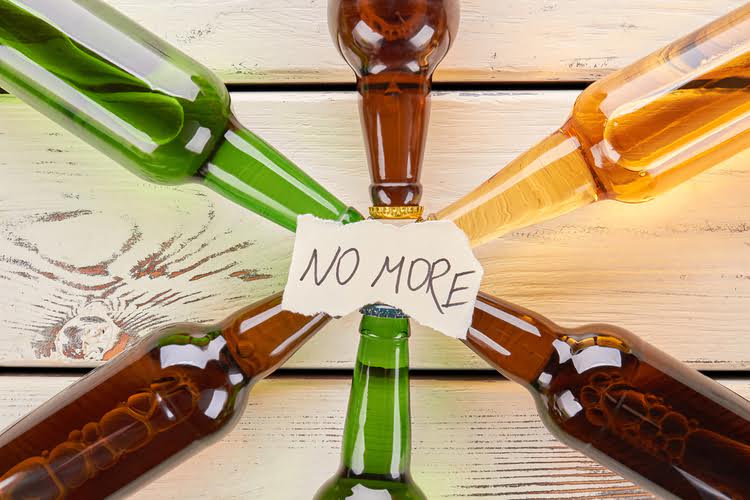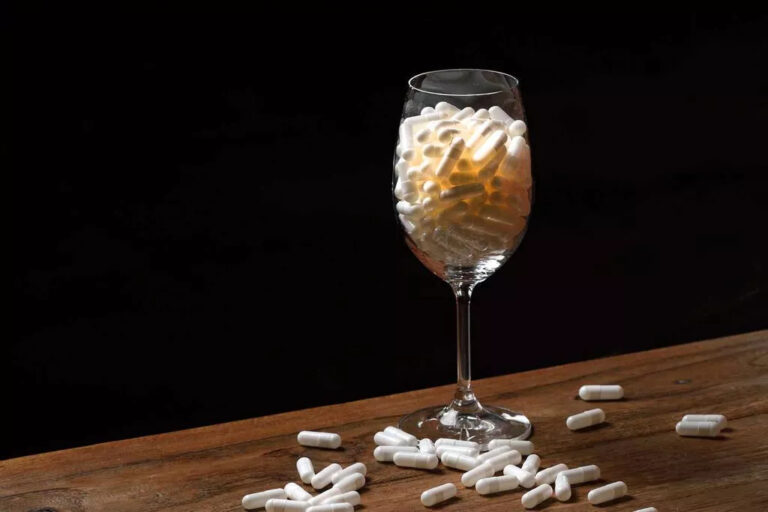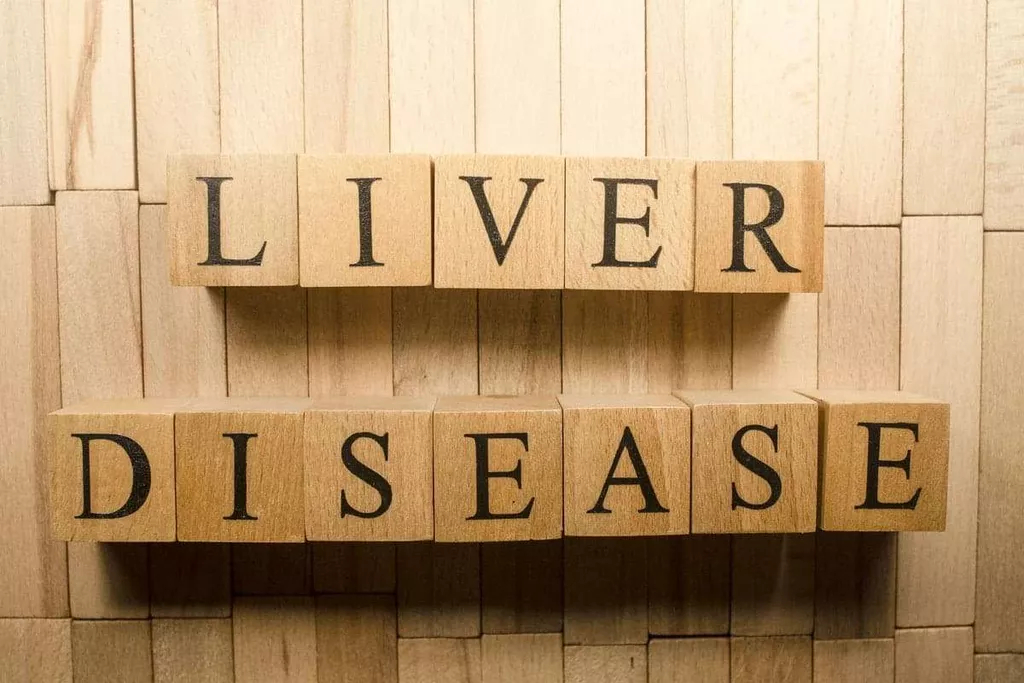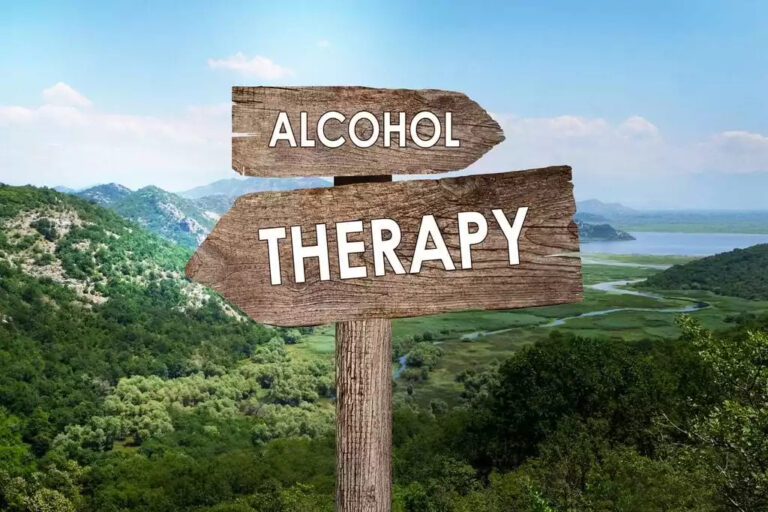Contents

Accordingly, more studies are needed to determine whether the beneficial effects of daily moderate alcohol consumption outweigh the deleterious effects. Diabetics clearly should avoid heavy drinking (i.e., more than 10 to 12 drinks per day), because it can cause ketoacidosis and hypertriglyceridemia. Moreover, heavy drinking in a fasting state can cause hypoglycemia and ultimately increase diabetics’ risk of death from noncardiovascular causes. Cardiovascular disease continues to be one of the leading causes of death among all Americans and is the leading cause of death in people with type 2 diabetes . The relationship of alcohol consumption to cardiovascular disease in diabetic people has not been well evaluated. However, substantial information on the association of alcohol and cardiovascular disease exists from population studies that included an unknown percentage of diabetics.

Blood glucose regulation by insulin in healthy people and in people with type 1 or type 2 diabetes. Heavy drinking may result in severe health consequences because of the collection of certain acids in the body, particularly in diabetics. Many studies are done to understand the impact of Alcohol on diabetes. Most of the results say moderate consumption of alcohol is acceptable for a non-diabetic or closely monitored diabetic patient; only after a proper recommendation from the doctor. Dr. Sansom says stopping drinking can be good for your liver and pancreas. A study published in Alcohol & Alcoholism in 2018 found that stopping drinking for just one month made a a significant difference to fat levels in the liver.

First, alcohol likely stimulates the generation of VLDL particles in the liver, which are rich in triglycerides. Third, alcohol may enhance the increase in triglyceride levels in the blood that usually occurs after a meal. A Healthy Journal was born out of passion, the passion for food, but mainly for a healthy life.
Is Alcohol Safe for Diabetes?
Interestingly, the risk of retinopathy was independent of the men’s ability to control their blood sugar, suggesting that alcohol may directly damage the eyes or related structures. For those with diabetes, drinking alcohol increases the risk of both hypoglycemia and hyperglycemia. Be careful when combining alcohol and blood pressure medication, as most medicines for diabetes are not compatible with drinking alcohol.
The web service is open to anyone suffering an addiction, including families and friends of an addict. Cut out alcohol from your life, and your concentration will get better, as well as your school and/or job performance. Study shows a huge portion of undergraduate students drink at a hazardous and harmful rate — which literally everyone in the country could have guessed. You could probably also guess that it affects their ability to concentrate and perform well academically.
Have a snack or meal as you sip or immediately beforehand to lower the risk of hypoglycemia. Choose foods that contain carbohydrates so that you have some glucose in your system . The important thing to understand, though, is that this presumed benefit is just a theory.
Diabetesis characterized bya failure of insulin-assisted transportation of glucose cells. Effects of alcohol on diabetes and drinks like beer and sweet wine that contain carbohydrates and may raise your blood sugar. Abstain from alcohol to lower insulin resistance and reduce the risk of obesity, which helps stabilize blood sugar levels. Few people realize that drinking alcohol increases your risk of cancer. Drinking alcohol in moderation has also been linked to a number of other health benefits, such as increasing the amount of good cholesterol in the blood. This may help lower the risk of heart disease, which you’re at greater risk for if you have type 2 diabetes.
Can Diabetics Drink Alcohol?
Type 2 diabetes is much more common among diabetics in the U.S., making up anywhere from 90–95% of all cases. Although Type 2 diabetes was formerly known as adult-onset diabetes, it is increasingly common in children and adolescents and is now more commonly called Type 2 diabetes. Alcohol can cause wide swings in blood sugar and may cause both high and low blood sugar readings. The editorial staff of Alcohol.org, an American Addiction Centers resources, is made up of credentialed clinical reviewers with hands-on experience in, or expert knowledge of, addiction treatment. Medical News Today has strict sourcing guidelines and draws only from peer-reviewed studies, academic research institutions, and medical journals and associations. We link primary sources — including studies, scientific references, and statistics — within each article and also list them in the resources section at the bottom of our articles.
- Sekaisin-chat is a Finnish chat that supports mental wellbeing and helps to survive mental illness.
- Our Palm Beach addiction center offers alcohol detox that can flush it out of your system and help you start fresh in recovery.
- After a short period, blood sugar levels will stabilize, and you will experience several positive health changes.
Alcohol has an impact on diabetic patients directly or indirectly. If you do opt to cut alcohol out of your life — whether it be a week, a month, or for good — you won’t just notice a surplus in your bank account. Your body will undergo the following positive changes as well. Detoxing from alcohol can seem daunting, but it is the first and arguably most important step in becoming sober. Alcohol detox can be uncomfortable or even dangerous, but with professional help can be a safe experience.
Medication Interactions
the symptoms of wet brain from alcoholism less—as any healthcare professional will tell you—is better. Before heading out to a bar or restaurant where you plan to have a drink, put on your medical ID bracelet. This way, if an emergency arises, medical personnel will know you have diabetes. Healthline has strict sourcing guidelines and relies on peer-reviewed studies, academic research institutions, and medical associations.
One way that the body eliminates excess sugar is by turning it into fat. When you hear the term “beer belly,” it typically refers to a type of obesity that occurs from drinking alcohol, beer specifically. Extreme alcohol usage can extremely impact substantial organs, triggering severe responses. Within a couple of hours of drinking, alcohol can trigger your blood glucose levels to drop. It might respond with insulin and magnify your diabetes medication’s impacts, triggering alarmingly low blood sugar levels or hypoglycemia.

Alcohol can be dangerous to those with diabetes, especially when heavy drinking or binge drinking occurs. Most people with diabetes use medicine to lower their blood sugar levels. The drop in blood sugar that ultimately occurs when drinking heavily can cause dangerously low blood sugar levels that can lead to a coma or even death. According to American Addiction Centers and the American Diabetes Association, heavy drinking can lead to higher blood sugar and increase the risk of developing type 2 diabetes later on in life. The liver is an important organ and is responsible for breaking down toxins, like alcohol, so they can be flushed out by the kidneys.
Few diabetes medications have weight loss as a side effect which can also help to treat or manage diabetes. In most cases, mild to moderate amounts of alcohol can increase blood sugar. Drinking excessively will decrease the level, though, sometimes causing it to drop extremely low. This would be extremely dangerous for people with type 1 diabetes.
The Correlation of Alcohol Abuse and Diabetes
Here’s a Quick GuideDo you feel dizzy, lightheaded, or tired frequently? According to experts, excessive alcoholic drinks for diabetics are not safe. If you’re a heavy drinker or binge drinker, not drinking alcohol can help you lose belly fat. Not only can not drinking decrease your stress hormones that make fat harder to burn, not drinking cuts carbohydrates and calories and makes you more likely to exercise.
Becoming familiar with the liver’s function can help you understand the effect of alcohol on diabetes and the effect of alcohol and blood sugar in general. The best alcohols for diabetics are those with a low sugar or carbohydrate material. That consists of light brews, red and gewürztraminer, fine-tuned spirits, and low-carb alcoholic drinks, as long as you keep away from sweet squeezes or syrups.
Anything more than one drink per day is very bad for your immune function. If you deal with any of the skin conditions mentioned above, sobriety can be your beauty secret. Fitness and an active life are so important to weight loss and overall health. Giving up alcohol lowers that risk, and may even help you lose that belly fat. National Institute of Diabetes and Digestive and Kidney Diseases.